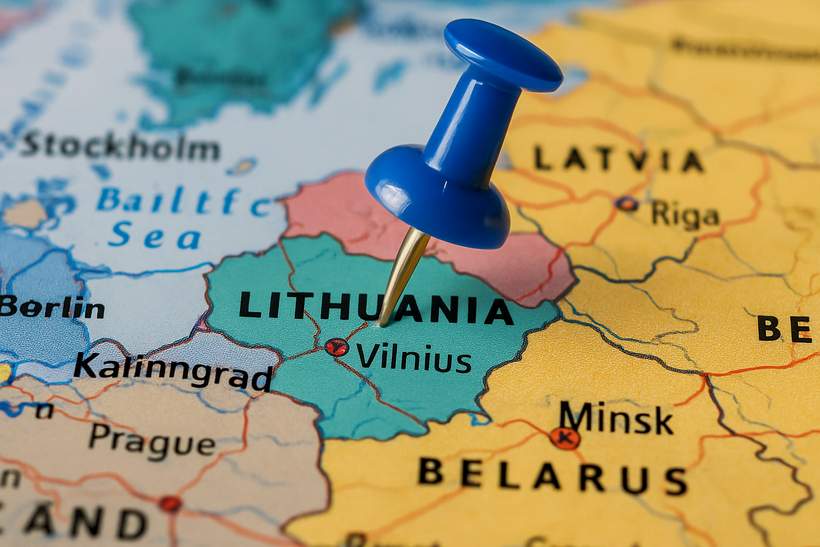Lithuania Strengthens Measures Against Online Gambling and Fraud

Government Collaboration to Combat Illegal Online Gambling
The Lithuanian government has ramped up its efforts to tackle fraud in the online gambling sector. Numerous state agencies have united to close longstanding regulatory loopholes that unauthorized gambling operators have taken advantage of. On November 20, representatives from various government bodies came together to analyze how fraudulent websites are used to deceive citizens into engaging with unlicensed gambling and other scams.
Challenges in Tracking Black Market Gambling Operators
This joint meeting highlighted the complexity of the issue, involving diverse participants such as the Gambling Supervision Service (GSS), National Cybersecurity Centre, Bank of Lithuania, National Police Department, State Tax Inspectorate, consumer protection authorities, media regulators, and the fact-checking group Debunk.org, known for its expertise in digital oversight.
During the discussion, the GSS detailed the widespread problem of illegal online gambling and the difficulties regulators face as illicit operators frequently change their internet domains. Lithuania’s national blacklist already contains close to 2,000 gambling-related websites, ranking it among the top domain-blocking bodies in the country.
The blacklist is updated nearly every week, with each addition demanding thorough technical, legal, and administrative processes. Once a site is confirmed to be facilitating illegal remote gambling, authorities seek court orders to mandate internet providers to block access. Furthermore, banks and payment processors are instructed to halt any financial transactions between Lithuanian users and these prohibited platforms.
Addressing the Growing Threat of Online Fraud
In addition to illegal gambling, the meeting put a strong emphasis on fighting digital fraud, which results in losses exceeding 4 billion euros annually across Europe. Officials pointed out that social media is a significant conduit for these scams, with over half of fraud attempts occurring through platforms owned by Meta. To effectively counter such threats, participants agreed on the need for greater automation and updated legislation to keep up with rapidly changing fraud tactics.
Progress Towards Stricter Gambling Regulations
Lithuania’s crackdown on gambling fraud is part of a broader reform of its gambling laws. The government recently moved toward implementing a total ban on gambling advertisements, scheduled to take full effect by 2028. During the interim period, gambling companies must adhere to strict advertising rules designed to limit public exposure to gambling promotions while allowing time for industry adjustment.
These comprehensive efforts — combining targeted action against illicit websites and the progressive restriction of gambling advertising — signal Lithuania’s clear commitment to fostering a highly regulated gambling market. The approach centers on stronger oversight, enhanced inter-agency cooperation, and more frequent enforcement actions against both illegal gambling operators and online fraud.